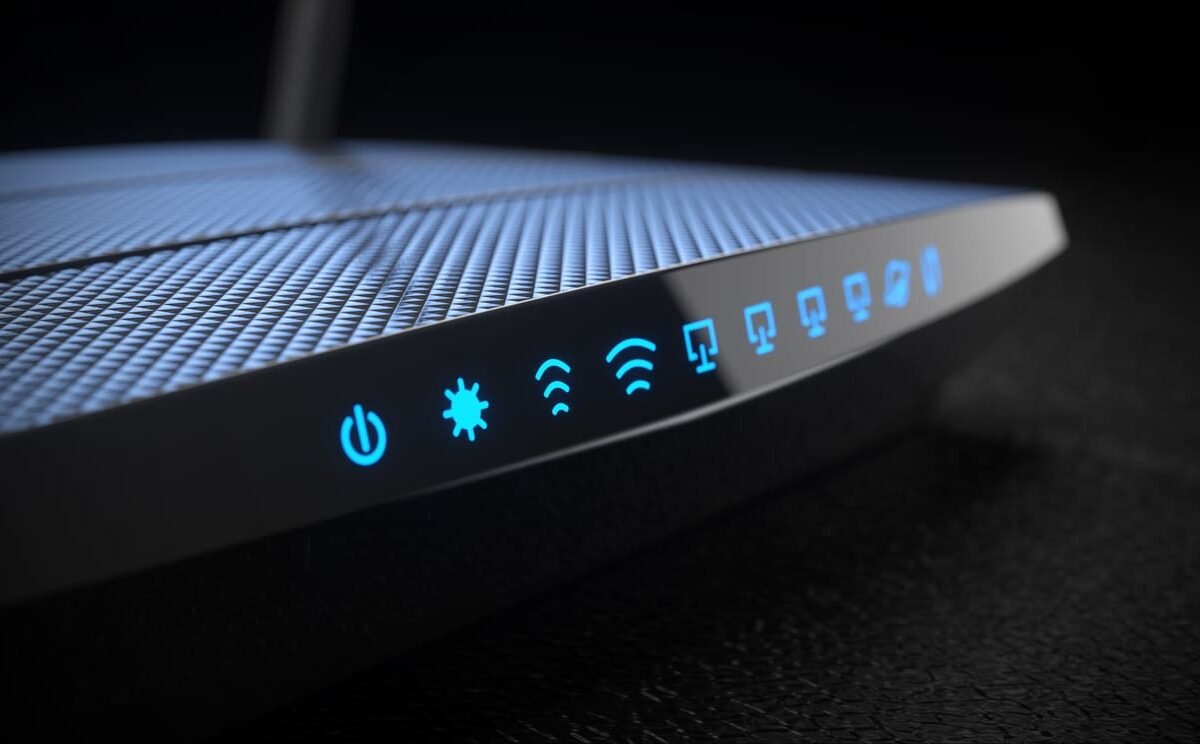Let’s face it—most people treat their routers like a mystery box that does one job: deliver Wi-Fi. But if you haven’t touched that factory default password since unboxing it, your router is like a house with the front door wide open. The fact that a whopping 86% of users haven’t bothered to change the default admin password is cybersecurity’s equivalent of leaving the keys under the doormat. And if you’ve never updated the firmware? Well, that’s like leaving windows unlocked and hoping nobody tries to climb in.
The Grim Survey Results: Why Are We Like This?
According to a recent Broadband Genie survey, over half of users don’t even know where the router settings are, let alone how to tweak them. And a staggering 89% never update their router’s firmware. These stats have not improved from 2022, suggesting our collective apathy toward router security might actually be getting worse. Sure, your Wi-Fi works. But what’s working even better is a cybercriminal’s plan to hack in using default credentials or unpatched vulnerabilities.
Changing Your Password: The Digital Equivalent of Locking Your Door
Imagine this: you move into a new house and everyone in the neighborhood has the same key. Ridiculous, right? That’s what you’re doing when you leave the default admin password unchanged on your router. Alex Toft of Broadband Genie explains that leaving default passwords “is an open invitation to nefarious characters to snoop around.” And he’s not talking about neighbors borrowing your Wi-Fi for Netflix. We’re talking about someone gaining access to your router—and therefore, every connected device in your home.
If you’ve got a newer router, some come with unique passwords out of the box. That’s a step in the right direction, but if your default password is something like 12345 or admin, it’s time for a change. And that Wi-Fi password? You might think it’s harmless if left untouched, but a savvy hacker could be cracking that too. It’s good practice to change it, even if it’s not as urgent as the admin credentials.
Firmware Updates: The Boring but Necessary Task
Router firmware updates are like dentist appointments—annoying but necessary. According to Oliver Devane from McAfee, not updating your firmware is a direct line to inviting cybercriminals into your home. They exploit known vulnerabilities in outdated firmware to steal data or plant malware. And while the latest routers might make updates automatic, most of us are still rocking older models that require manual updates—no matter how Herculean the task may seem.
CISA’s Zero-Day Warning: Time to Get Serious
Just in case the default password scenario didn’t scare you enough, here’s the kicker: CISA (Cybersecurity and Infrastructure Security Agency) has issued warnings about two zero-day vulnerabilities affecting D-Link and DrayTek routers. These vulnerabilities allow attackers to execute commands at the root level, which is tech-speak for “hackers can pretty much take over your router and do whatever they want.” Even if your router isn’t on the list, this is a reminder that updating firmware and securing your passwords isn’t just good practice—it’s essential.
What Should You Do Right Now?
If you’ve read this far, congratulations—you’re among the more security-conscious! Here’s your to-do list:
- Perform a Factory Reset: Disconnect the internet and reset your router to factory settings. Think of it like wiping the slate clean.
- Change All Default Passwords: Update your admin and Wi-Fi passwords to something long and unique. You’re going to want something much stronger than “password123.”
- Update the Firmware: It may be tedious, but check your router’s firmware for updates. Most manufacturers post step-by-step guides online, so Google your router’s model and follow along.
- Consider a New Router: If your router is outdated or affected by CISA’s warning, replace it. Seriously—some routers, like the D-Link DIR-820, are beyond repair (end-of-life), and no amount of updating will make them secure again.
This isn’t just about keeping your Netflix streaming smoothly—it’s about keeping your data, devices, and personal information safe. The hackers are getting smarter. The least we can do is stop handing them the keys to the castle.





